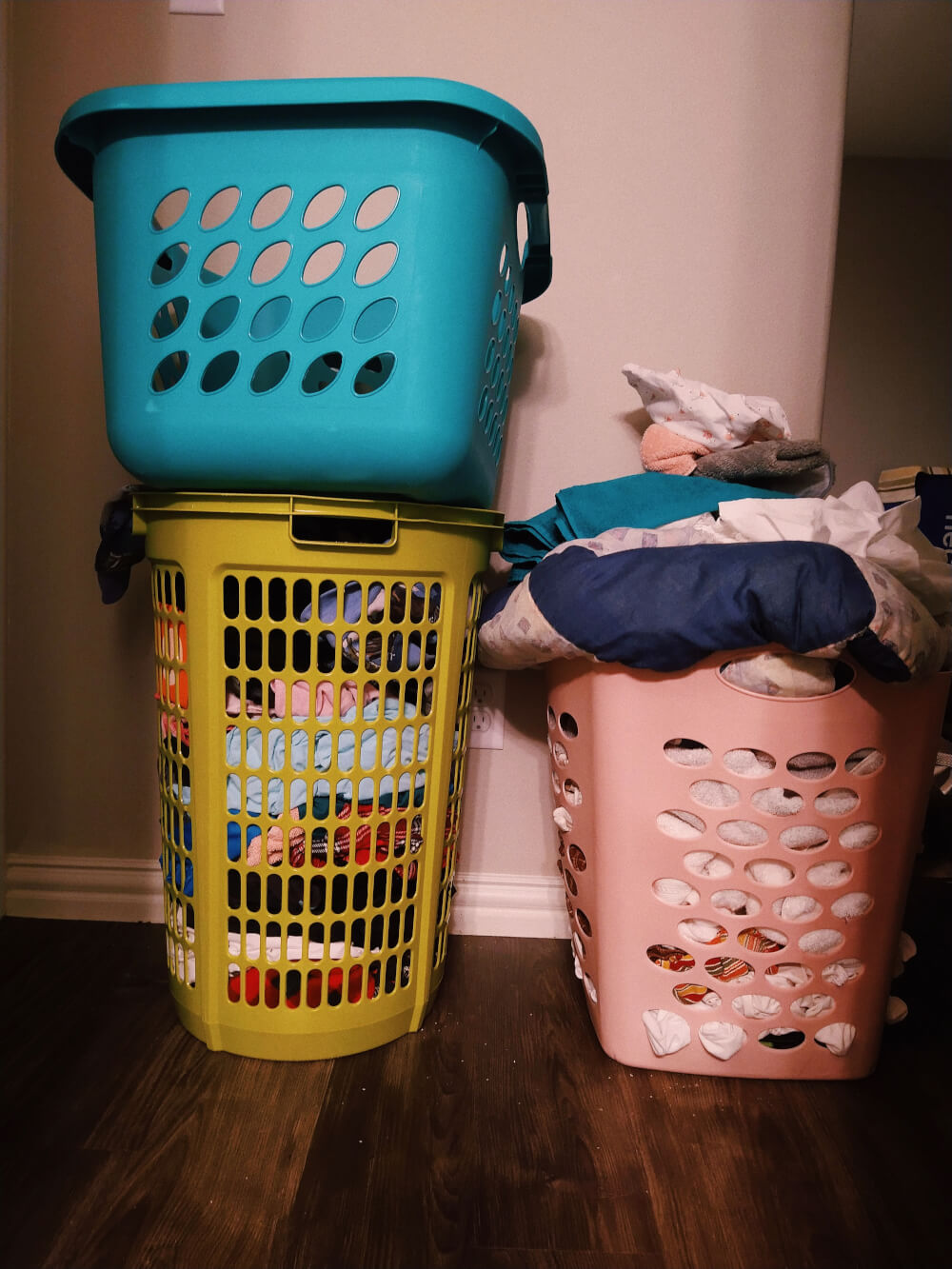Topic and questions borrowed from #autchat.

1. What are your experiences with asking for help? Do you find it hard or easy?
I prefer not to ask for help, because my needs are not the same as non-autistic people’s needs, so I typically don’t receive the help I need straightaway and have to keep pressing.
I hate having to ask for financial help when I need it, because I’m expected to know how to not need it — even though literally no one ever taught me.
2. How do you decide when to ask for help rather than trying to do something on your own? What kinds of clues tell you might want or need help?
I hate asking for help so much that I wait until last minute or wayyy past it. Despite me knowing full well I’m going to need help, I ignore and push past the signs of distress.
3. What do you do if you ask for help but people don’t understand your needs? What do you say if they question why you would need the thing you’re asking for?
I got this a lot when I worked at Walmart. I’m great with customer service and answering the phone, because I use a script to do that. Literally every customer interaction was based on a script. I would often ask what to say or how to say it, and some coworkers would give me an odd look or think I was joking and laugh off my question.
I would just go to a trusted coworker for help. If one wasn’t around, I would make something up. A few times, I would go stand in the apparel bins and pretend to be looking for something for a customer, then come back and tell them that my manager, who just clocked out, said no/yes.
Once, this manager who had ignored me sooo many times before and treated me like crap actually came over when I asked her to just explain to a customer why they couldn’t try on jewelry because of the pandemic, and she pretended to discipline me after she spoke to the customer, because the customer was still looking at us — “Now, I’m pointing my finger at you because that customer is still look at us and I need to make it look like you’re in trouble, even though you’re not. You did a great job.”
She earned my respect with that.
I wish asking for help wasn’t this thing that’s so villainized. Teachers always said to ask for help if you needed it, but I quickly learned they meant a specific type of help. If I had questions about something they weren’t interested in or wasn’t entirely tied to the lesson/their subject, they would get annoyed with me. I started public school asking a lot of questions all the time, annoying my teachers, and I graduated public school having gone several years without asking questions even when I had them.
Every day, people need help buying food and gas, paying their bills, or watching their kids — way, way back in the day, it literally took a village to raise kids and help each other succeed. In modern day America, everyone is expected to fend for themselves in an inequitable playing field.
Why?
Many autistic people need help with everyday tasks and do not receive it. Many non-autistic people need help with everyday tasks and do not receive it.
Rather, they’re chastised for it — outcast, patronized, reprimanded, ridiculed, laughed at, ignored, villainized, stigmatized.
People used to help each other, filling in the weaknesses of others with their own strengths.
Love this post?
Support me by subscribing to my blog and/or buying me a cuppa:
Leave a comment